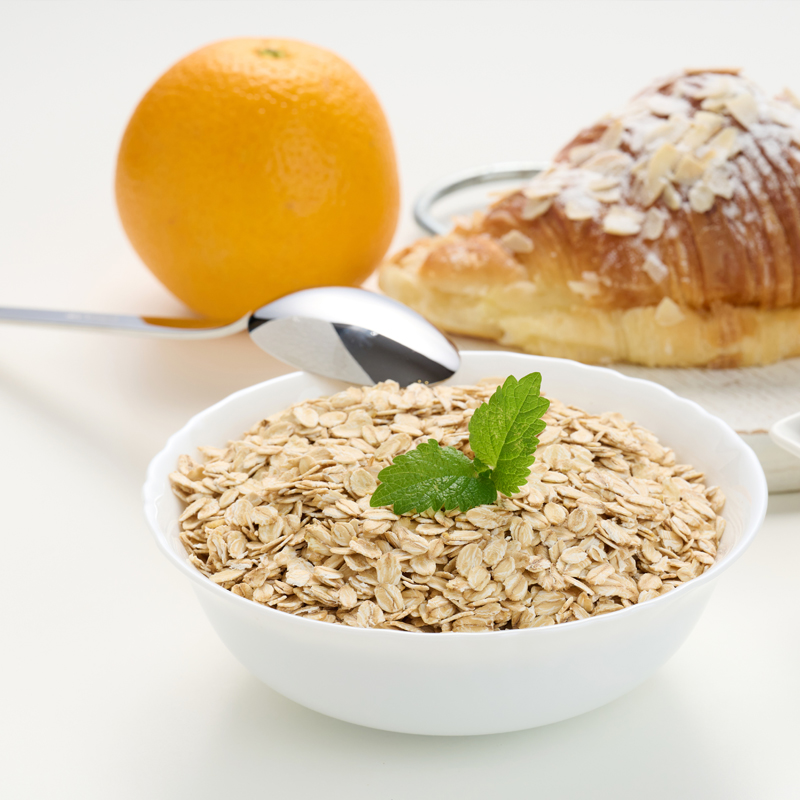
100 gr |
-- |
|
|---|---|---|
| Carbohydrate (gr) | 15.04 |
4928.47 |
| Protein (gr) | 3.59 |
1176.23 |
| Fat (gr) | 12.46 |
4083.43 |
| Fiber (gr) | 1.36 |
445.97 |
| Cholesterol (mg) | 14.64 |
4795.8 |
| Sodium (mg) | 325.27 |
106557.75 |
| Potassium (mg) | 392.16 |
128471.4 |
| Calcium (mg) | 78.15 |
25603.27 |
| Vitamin A (mg) | 46.04 |
15084.01 |
| Vitamin C (mg) | 6.16 |
2019.31 |
| Iron | 0.62 |
203.1 |
Cereals are a staple food worldwide, forming the foundation of human diets due to their high energy content. Commonly consumed cereals include corn, rice, and wheat, while less common grains such as barley, oats, sorghum, and millet also play significant roles. Millet itself comprises several varieties. Additionally, pseudo-cereals like quinoa and buckwheat are processed and consumed similarly to cereals, despite not being true grains.
Cereal grains are small, hard, edible seeds that grow on grass-like plants. They consist of three main parts: the bran, germ, and endosperm. Whole grains contain all three components, making them rich in nutrients and fiber. In contrast, refined grains are stripped of the bran and germ, leaving only the starchy endosperm.
Calories in 100 grams of whole breakfast cereal are 342 calories
Whole grains retain the bran and germ, making them more nutritious and beneficial for health. Examples include whole wheat flour, whole-grain bread, bulgur wheat, oatmeal, whole cornmeal, and brown rice. Refined grains, on the other hand, lose much of their nutritional value due to the removal of the bran and germ during processing.
Nutritional Benefits of Whole Grains
Whole grains are an excellent source of fiber, essential vitamins, minerals, and antioxidants. They have several health benefits, including:
Whole grains are vital in dietary plans due to their nutritional profile. They provide essential carbohydrates, proteins, vitamins, and minerals, supporting overall health and energy needs. Additionally, the high fiber content aids digestion and promotes gut health.
Breakfast cereals originated in Europe, the U.S., and Russia as a convenient alternative for those seeking quick, protein-rich meals in the morning. Over time, they became a popular substitute for traditional breakfasts globally.
Modern breakfast cereals are industrially processed using flours from corn, wheat, barley, and rice. These grains are milled, mixed, and aerated under pressure to create a light, crunchy texture. Typically consumed with milk, breakfast cereals can also be paired with yogurt or even cooked in water for a unique flavor.
Cereals are a cornerstone of nutrition worldwide. Choosing whole grains over refined options and consuming cereals in moderation can provide numerous health benefits while supporting sustainable energy levels throughout the day.